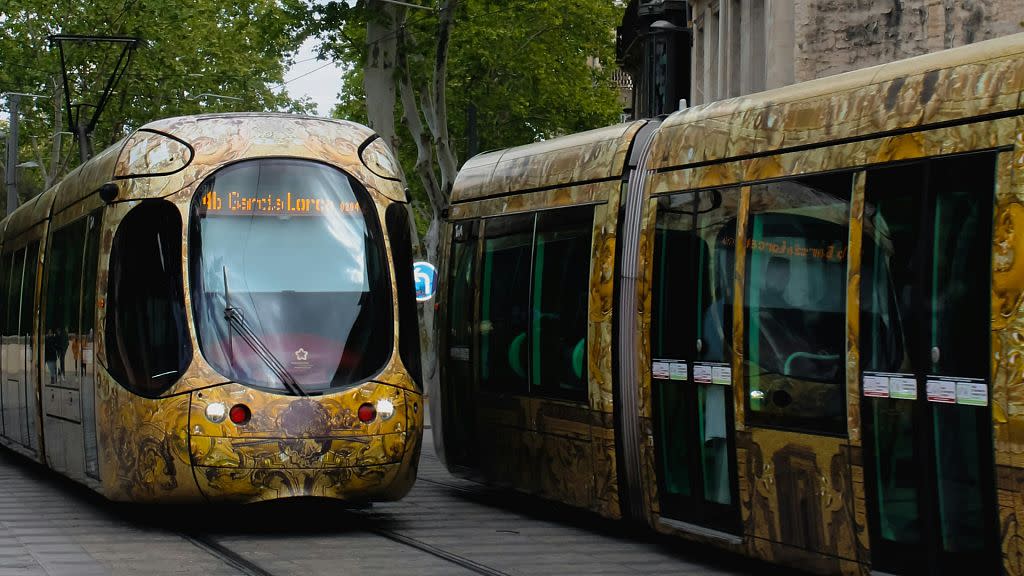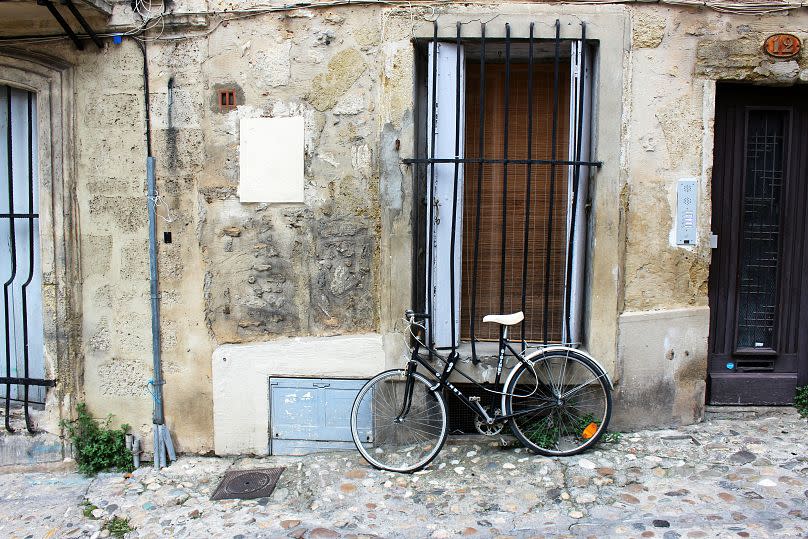Free public transport in Montpellier has led to 20 per cent more journeys

Montpellier’s experiment with free public transport has been a success in its first few months, new figures show.
Journeys by public transport have increased by more than 20 per cent since the French city made buses and trams free for all residents five months ago
Officials say the number of people using public transport jumped by 23.7 per cent in the first three months of 2024 compared to the same period in 2019.
Officials also say a particular increase in numbers has been seen “during traditionally off-peak hours” which it believes shows people are diversifying their use of public transport for leisure and socialising. Services on certain lines at certain times could be improved to meet the needs of these travellers.
Montpellier says it won’t be able to provide definitive figures until December this year when the scheme has been in place for a year. This is because previously, their methods for estimating the number of public transport uses were based on the compulsory validation of passes then corrected by an estimated percentage for fraud.
In November, counting devices were installed on trams and buses to carry out a more accurate study of how many people are using them.
When did Montpellier introduce free public transport?
On 21 December 2023, public transport became free for all residents of the Montpellier area’s 31 municipalities. It is the largest French metropolis to have a scheme like this.
Local residents get a free transport pass to use across the city’s bus and tram network through the scheme that aims to slash emissions, reduce pollution and improve accessibility.
Montpellier has been experimenting with free transport on weekends since 2020. In 2021, it extended this to weekdays for under 18s and over 65s. These initial phases also saw public transport use increase with the number of people under 18 using these services having doubled.
The expansion of the scheme to cover free public transport for all residents is part of a push for zero carbon mobility that also includes investing in cycle lanes and low emissions zones.

Cycling and car sharing are also up in Montpellier
Investment in cycle lanes appears to have paid off too, with the average daily number of cyclists increasing 16.2 per cent across the metropolitan area and 17.2 per cent in the city of Montpellier, according to officials. Montpellier Metropolis is investing €150 million in active mobility including the eventual construction of 235 km of cycle lanes and schemes to help people buy electric bikes.
Carpooling was another alternative supported by the city. Community-based travel network Blablacar has also reported an uptick in the number of people sharing journeys in Montpellier. The city has some of the highest figures in France for carpooling journeys outside of Paris with 31,652 trips made in February this year.
In almost three years, 36,000 users have registered with Blablacar in the city compared to just 5,000 at the start of 2022. 710,000 journeys have been made in total - that is around 17 million carpooled kilometres.
How is Montpellier funding free public transport?
So how is the city funding its free service and public transport improvements? Through taxes like a mobility payment from companies with more than 11 employees, money-saving efforts such as getting rid of unnecessary ticket machines and sales revenue from tickets purchased by people who don’t live in Montpellier, it says.
Since the free transport scheme was introduced around €500,000 in revenue has been brought in by the sale of such tickets.
Public transport has been free in Luxembourg for both residents and visitors since 2020 and people there say it has also encouraged them to leave their cars at home. Passengers only need to buy a ticket if they decide to travel first class.
The considerable €500 million cost of keeping its public transport system hasn’t suffered from the estimated €41 million deficit following the introduction of free tickets. Officials say just because it is free, doesn’t mean no one pays and the network is funded primarily by higher tax payers.

